Enhancing Your Tabletop Wargames: The Power Of House Rules
November 4, 2023 by brennon
Since the first wargame, hobbyists and gamers have been throwing their own house rules into the mix to tweak different rules to their liking. With that in mind, I thought it would be neat to dive into the subject of house rules and how they can help enhance your tabletop wargames.
To begin with, I guess we should think about what house rules are. In the round, they are customisations and modifications to an official set of rules which have been designed to tailor a game to a particular group's preferences. This could be to balance gameplay, add new challenges to your games or perhaps make a particular army feel more like you'd imagined in a historical context or within the background of a Fantasy or Sci-Fi game.
I think everyone's fairly familiar with the concept, especially if you've been in the hobby for a while but it's also worth noting what every wargame says within the first few pages of its rulebook. Once the game leaves the hands of the designer and lands on your tabletop, as long as you and your friends agree, anything goes. You'd hope that the rules writers have managed to nail the mechanics but there is absolutely nothing wrong with diving into the nuts and bolts of a game and making it your own.
The Benefits Of House Rules
At a broad level, utilising house rules is in the personalisation of your wargames to match you. If you're playing a historical scenario, you might want to tweak specific unit's abilities and such so that they work well within the game that you're playing. Also, at a higher level, it helps you bring in new factions that you might miss from a particular game. An example of this could be a specific Space Marine chapter that you've dreamt up but it could extend to a full faction that you've always thought should be in the game but the official channels don't support.
One of the most common uses of house rules is to help bring balance to your tabletop games. Even the most diligent of game designers can't get everything right and in the wilds of the tabletop game world, there will always be combinations and match-ups that just don't work. Whilst a lot of people don't take a chainsaw to the rules (you might as well play something else at that point!), there is something to be said about clipping and snipping at rules.
An example of this popped up in some campaign games that I've played in the past, namely Mordheim, Necromunda and to an extent Blood Bowl. We came up with loads of ways to tweak and update things so that someone's particularly powerful vampire didn't own everyone every time they landed on the tabletop! You don't do this so that the one-player isn't having a good time anymore and the application of house rules should always be a collaborative effort where everyone in the group works together.
I know that in the past I've put together house rules with my friends where we've limited the number of a particular unit can be taken in an army or just ignored a special rule in its entirety because it just doesn't make sense.
As well as being about army rules, house rules can also be focused around specific scenarios. There are many times during my life as a wargame where I've dived into scenarios and realised that whilst they might seriously benefit me, it's really tough for my opponent. So much so that they really don't have a chance of winning! In those circumstances, I tend to work with my friends to see if there's a better way of making that scenario work for us, perhaps by giving them particular bonuses or moving around elements of the scenario to make it fun for both of us.
As well as being good to help balance or perhaps even unbalance a game, house rules can also be a great way of keeping things fresh. A lot of us tend to stick to a specific game or two that we really like and even though the game is great, it might become stale. So, house rules could be great for injecting a bit more life into your group sessions. If this is done as part of a group effort, it can help to foster a great sense of community around a game. Maybe, it could end up starting up an entirely new love for game mechanics and grow into something more. Hello 9th Age!
Ideas For House Rules In Your Games
If you're interested in some examples of house rules, maybe try something akin to these ideas below. Maybe you've done something like this and if so, let us know in the comments below...
- Custom Scenarios -Design unique scenarios that require specific objectives, terrain, or deployment zones. For instance, recreate a famous historical battle or craft an epic narrative-driven campaign.
- Faction Balance - Adjust the point values of units or abilities to ensure that all factions are competitive. This can be particularly useful when playing with armies from different editions or expansions.
- House-Brewed Units - Create entirely new units, characters, or vehicles to add diversity and excitement to your games. Just be sure to balance them carefully to avoid overpowered additions.
- Alternate Victory Conditions - Experiment with different win conditions, such as holding specific objectives, capturing a particular character, or achieving a tactical goal beyond simply annihilating your opponent's forces.
You can go from the small tweaks and changes through to massive sweeping changes. Its your wargame after all! If you've never really tried to play around with house rules in the past, maybe try something during your next gaming session. Here are some of the small house rule ideas that we use amongst my group...
- Always Re-roll A Dice However Cocked! - If your dice are cocked even a little bit, re-roll them to avoid any grumbling
- You Always Get One - You get one "Oh I shouldn't have done that" a game where you can rewind and redo a decision as long as it hasn't drastically changed the state of the game
- A Little Bit More... - When you're making an army and you want to fit something in but it bursts your budget by five points or so, just let it pass! The other players gets that too!
- Rules As Intended - Always play by the rules as they are meant to be intended rather than as written. Yeah, you could exploit something but it's better to play in the spirit of the army
- The Rule Of Cool - If you get into a situation where you could do something optimal or something epic, do the epic thing! For example, heroic duels between mighty leaders et
As you can see, small changes that could potentially tweak gameplay but not so much that you'd completely unbalance the game. As I mentioned above, we have done more sweeping changes to games like Inquisitor (the NO SPACE MARINES rule!) but in general, we tend to do things that match the spirit of the game, or at least how we view it.
Most of all, remember that house rules can be really creative but you've got to make sure that they don't become restrictive. You might really like your house rules but make sure that you either introduce them to a newcomer to your group or maybe leave them out until they're comfortable with the way that you and your friends play.
If you'd like to know more about house rules, we did talk about it in more detail on a recent episode of Cult Of Games XLBS. We also talked about it when looking at Grimdark Future and how it could turn a good game into a great one.
What do you make of house rules? Are they a must in your group or do you tend to avoid them?
Cocked Dice Image by ackmondual
"If your dice are cocked even a little bit, re-roll them to avoid any grumbling..."
Supported by (Turn Off)
Supported by (Turn Off)
"Are they a must in your group or do you tend to avoid them?"
Supported by (Turn Off)
































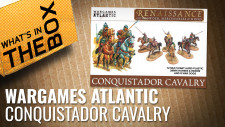








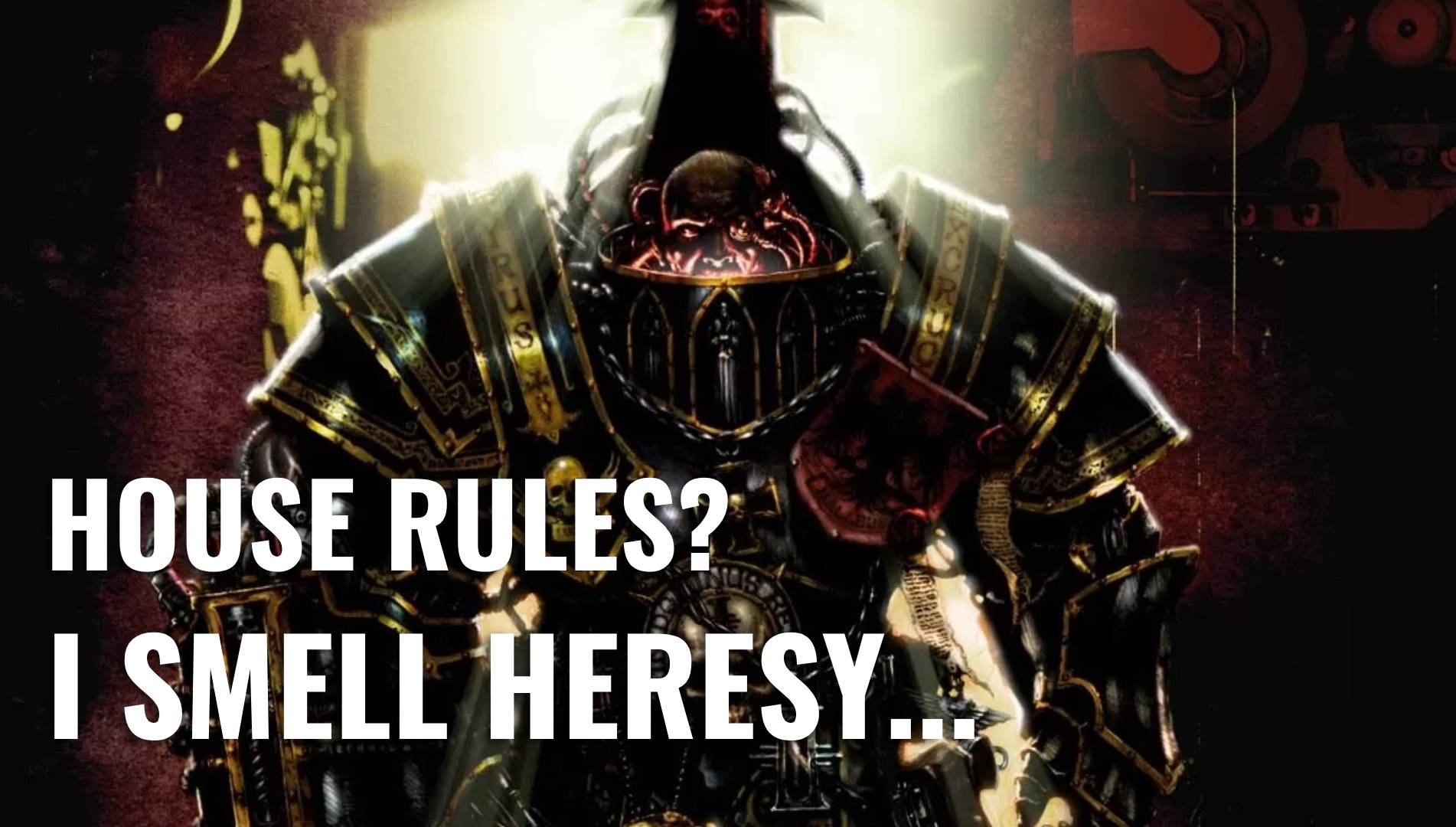


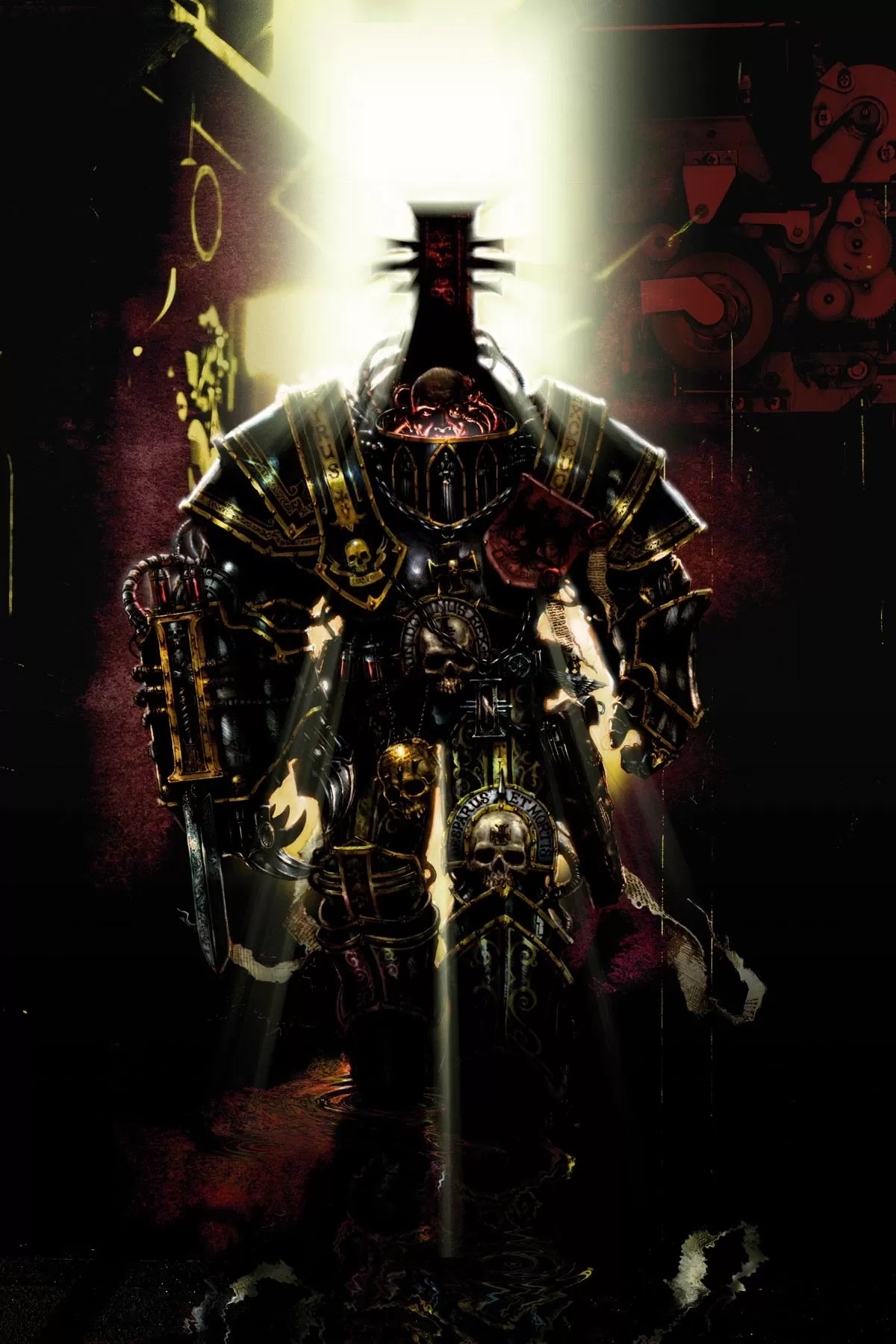

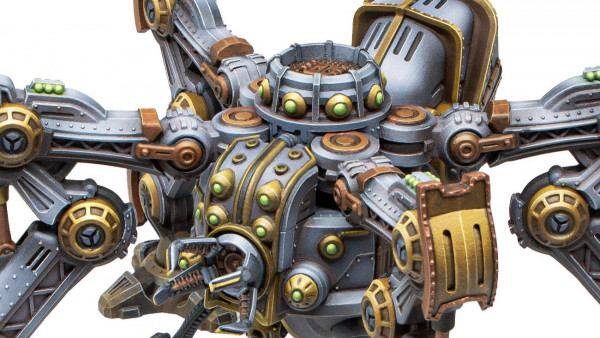
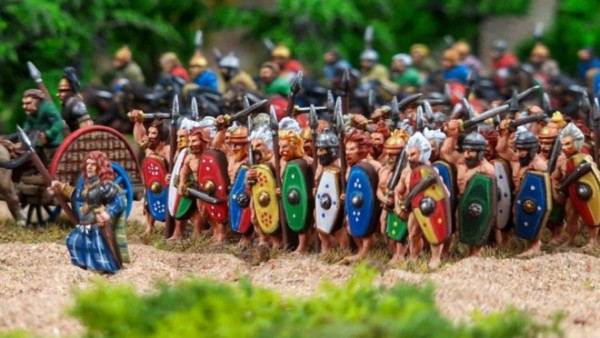
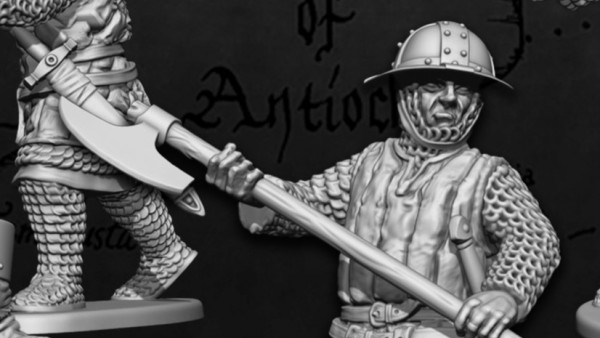
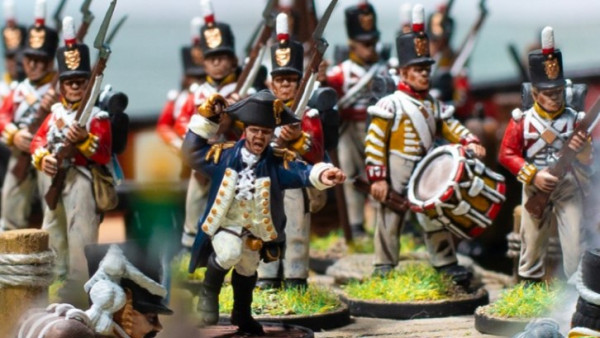

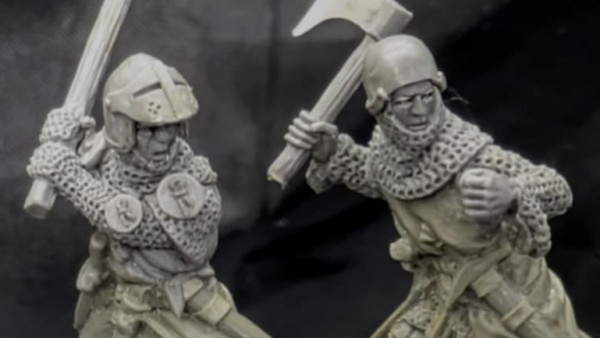

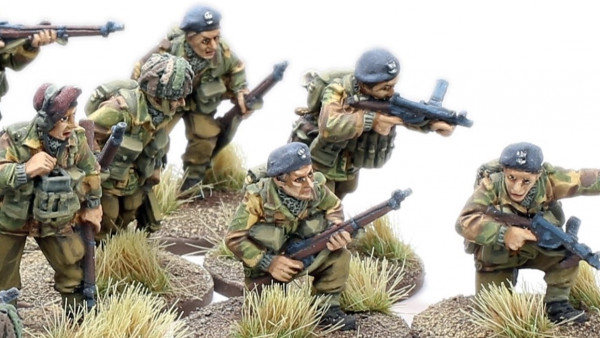

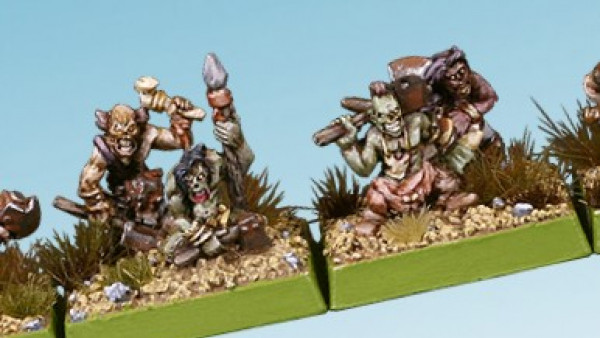
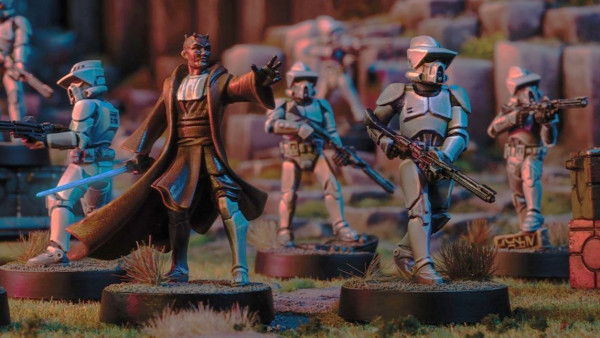

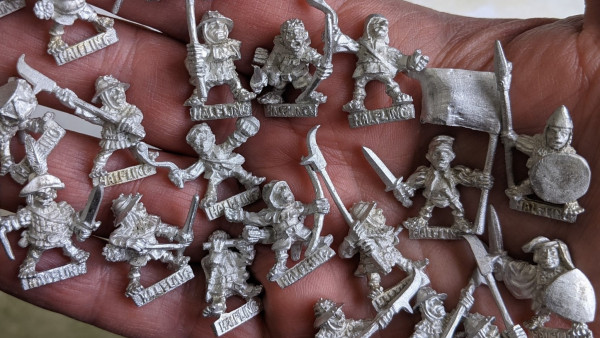




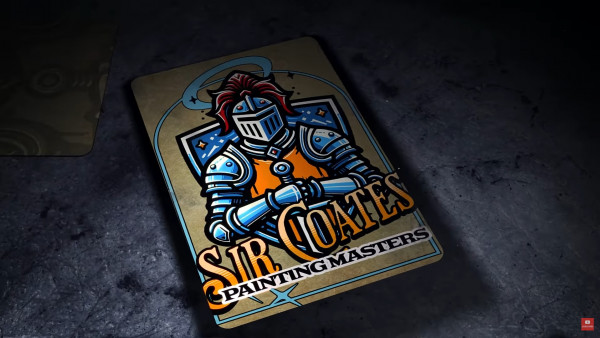
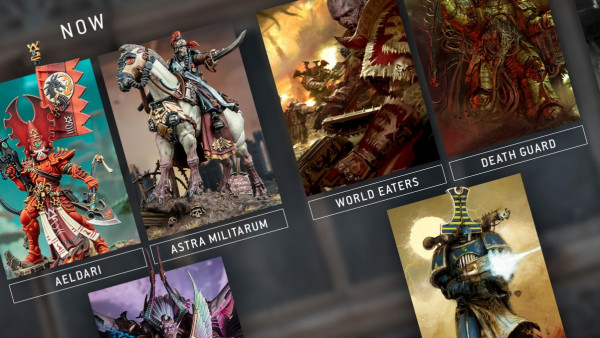


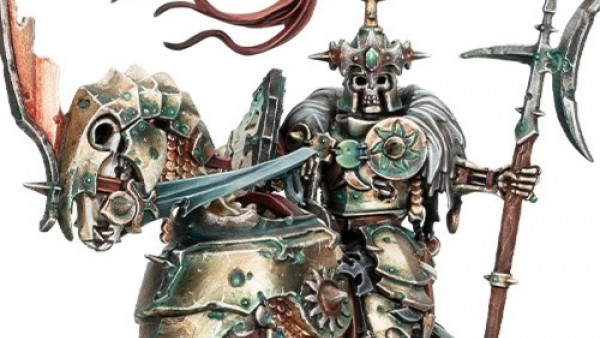
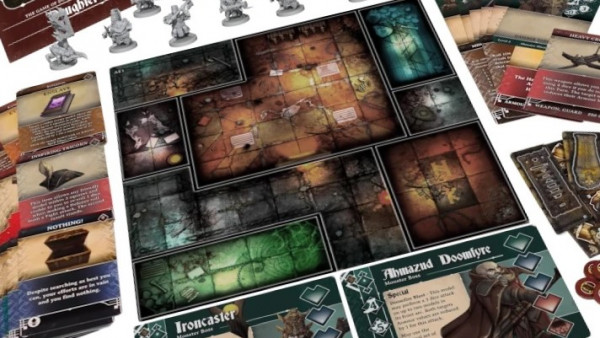


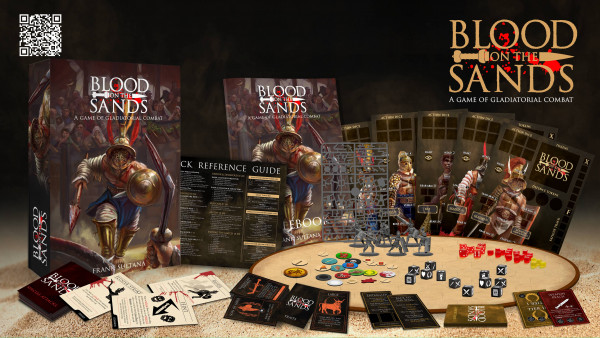

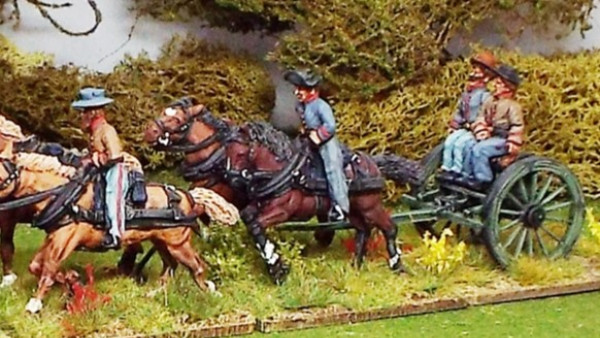



The only time I use house rules is when a) nobody can make sense of a situation with the given rules (be that a board game or tabletop) b) an event isn’t covered at all within the rules (or we just can’t find it) or c) its a rule that makes the game unnecessary hard for all and everybody agrees to ignore it. Other than that I try to stick with what is written.
Also: how does heresy smell like? Old Spice? Cold cigarette smoke?
Good way of doing things – I certainly think that C is the most common reason for house rules
The only house rule i consistently use is for cocked dice, if the dice looks cocked out another one on top, if it doesn’t fall off or cause the original dice to move then it’s ok
I do enjoy that solution – placing another on top. We used that quite a lot!
Interesting little topic Ben, over the years we’ve done it quite a lot, mainly to amend the rules to fit out gaming groups dynamic. We amended the some of the rules for Infantry in Hammers Slammers as they ere a bit on aa abstraction as wrote (Jon Treadway admitted they were really tanky rules when talking to him ) and turned them into quite effective units. We phaffed out the old Skytrex ww1 naval rules adding hit location tables to add a bit of complexity . I wrote my own set of rules to play those old 50’s B movies… Read more »
The most obvious house rule I remember was EVERYONE correcting the blatant typo in the hit location chart in Inquisitor (15% chance to hit one arm and 5% chance to hit the other was obviously supposed to be 10% chance of each arm).